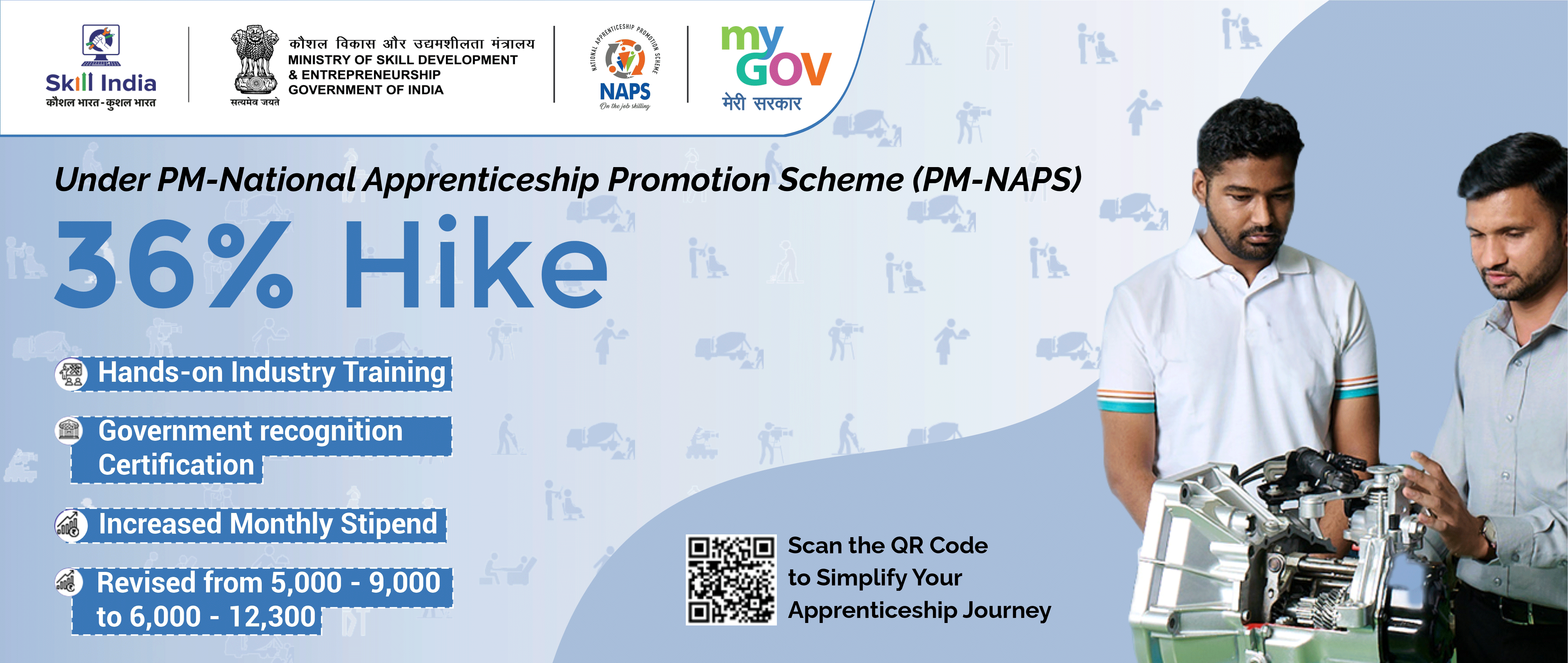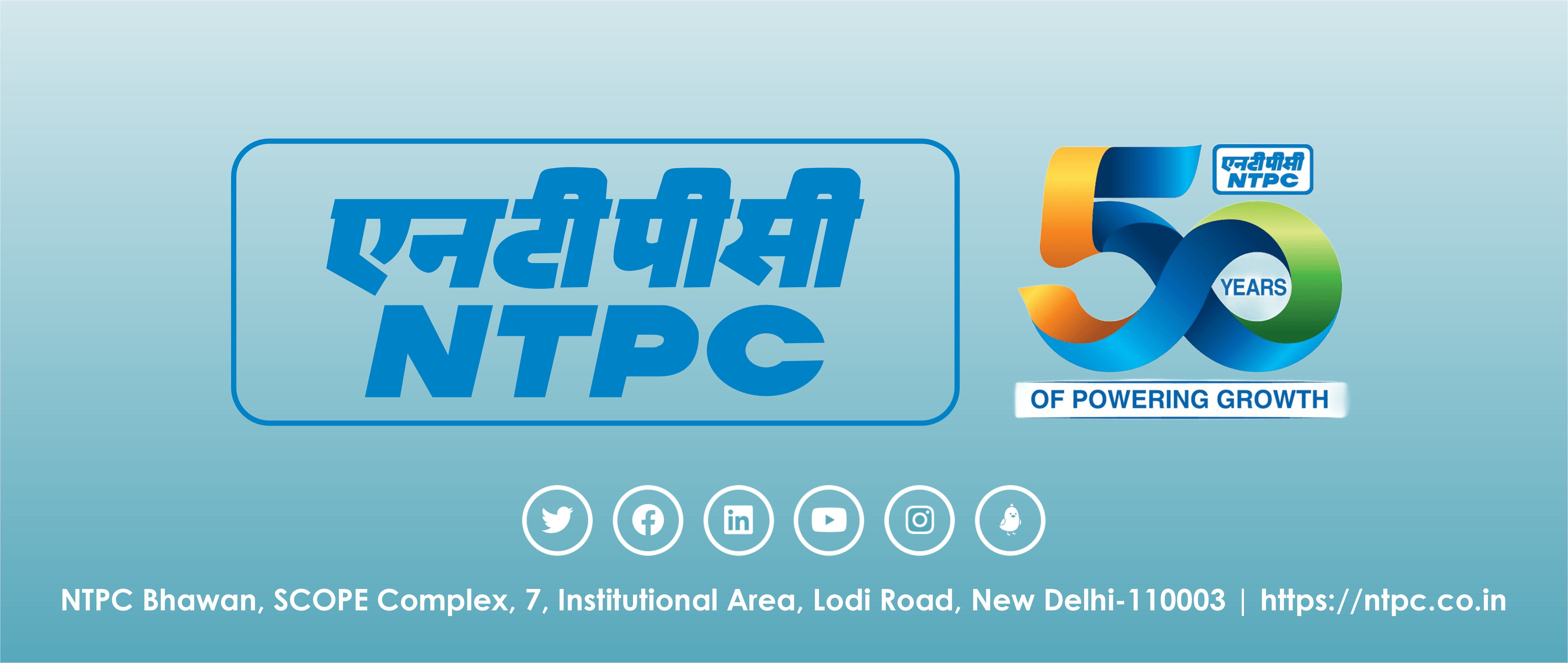TO RECIEVE EXCLUSIVE POSTS AND NEWS
TIDBITS
How political prioritization influences policies: ISPP organises a workshop
By IndianMandarins- 21 Oct 2019
1576Indian School of Public Policy (ISPP) organised a workshop on
‘How political prioritization influences policies and their implementation:
cases of WASH policies in India’. The workshop was conducted by Raman VR, Head
of Policy, WaterAid India. While opening the debate, Raman briefly touched upon some
important examples of political prioritization in India such as the
nationalisation of banks, telecom reforms, construction of Konkan Railways,
Right to Education Act, NREGS, amongst others, and further focussed on how the
impact of the recent high level prioritization of WASH policies in India and
the Swachh Bharat Mission offers rich policy learning. He further critically analysed the Swachh Bharat Mission,
listed its strengths and highlighted various gaps in the policy, as well as
program challenges that the SBM has posed for the nation. Besides the
challenges faced, he also raised a number of policy questions and learning for
future, with reference to such contexts. This was followed by a vibrant discussion
and question answer session. Pradyoth SB, a public policy scholar said: "Phenomenal
transformation that has happened in the sanitation sector in India over the
last five years.” Raman mentioned that though India had, indeed, traversed a
long way, a lot needed to still be done as far as challenges in the sector were
concerned. (For more information, please contact: [email protected])
Readers' Choice
R K Sharma is the new Rajasthan DGP 10 hours ago
Centre swings surprise, Gujarat DGP gets extension in service 12 hours ago
Tenure of Chhattisgarh Chief Secretary extended 17 hours ago
Rajesh Kumar appointed as Chief Secretary of Maharashtra 20 hours ago
Saswata Mishra appointed Principal Secretary to Odisha CM 21 hours ago
How political prioritization influences policies: ISPP organises a workshop
By IndianMandarins - 2019-10-21 12:18:00
Indian School of Public Policy (ISPP) organised a workshop on
‘How political prioritization influences policies and their implementation:
cases of WASH policies in India’. The workshop was conducted by Raman VR, Head
of Policy, WaterAid India.
While opening the debate, Raman briefly touched upon some important examples of political prioritization in India such as the nationalisation of banks, telecom reforms, construction of Konkan Railways, Right to Education Act, NREGS, amongst others, and further focussed on how the impact of the recent high level prioritization of WASH policies in India and the Swachh Bharat Mission offers rich policy learning.
He further critically analysed the Swachh Bharat Mission, listed its strengths and highlighted various gaps in the policy, as well as program challenges that the SBM has posed for the nation. Besides the challenges faced, he also raised a number of policy questions and learning for future, with reference to such contexts. This was followed by a vibrant discussion and question answer session.
Pradyoth SB, a public policy scholar said: "Phenomenal transformation that has happened in the sanitation sector in India over the last five years.” Raman mentioned that though India had, indeed, traversed a long way, a lot needed to still be done as far as challenges in the sector were concerned.
(For more information, please contact: [email protected])























